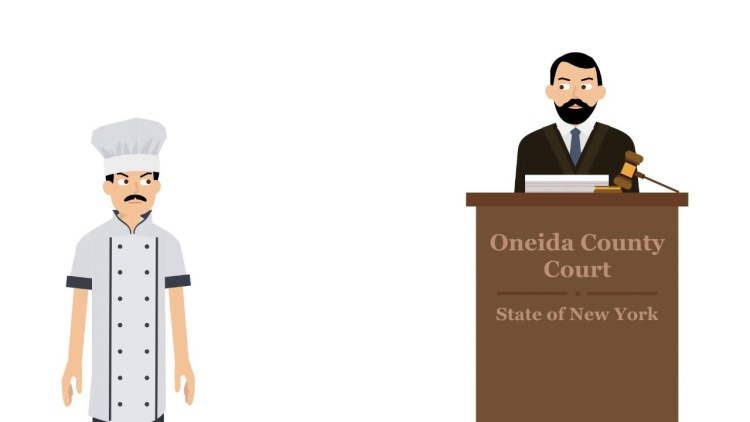Lochner v. New York
United States Supreme Court
198 U.S. 45, 25 S. Ct. 539, 49 L. Ed. 937 (1905)
- Written by Megan Petersen, JD
Facts
In 1896, the New York legislature enacted the Bakershop Act, which limited the hours bakers were permitted to work to no more than 10 per day. Joseph Lochner (defendant) owned a bakery in New York (plaintiff) and was fined twice under the law for overworking an employee. His conviction was upheld in the Appellate Division of the New York Supreme Court and was affirmed in the New York Court of Appeals. The United States Supreme Court granted certiorari.
Rule of Law
Issue
Holding and Reasoning (Peckham, J.)
Dissent (Harlan, J.)
Dissent (Holmes, J.)
What to do next…
Here's why 904,000 law students have relied on our case briefs:
- Written by law professors and practitioners, not other law students. 47,100 briefs, keyed to 995 casebooks. Top-notch customer support.
- The right amount of information, includes the facts, issues, rule of law, holding and reasoning, and any concurrences and dissents.
- Access in your classes, works on your mobile and tablet. Massive library of related video lessons and high quality multiple-choice questions.
- Easy to use, uniform format for every case brief. Written in plain English, not in legalese. Our briefs summarize and simplify; they don’t just repeat the court’s language.





